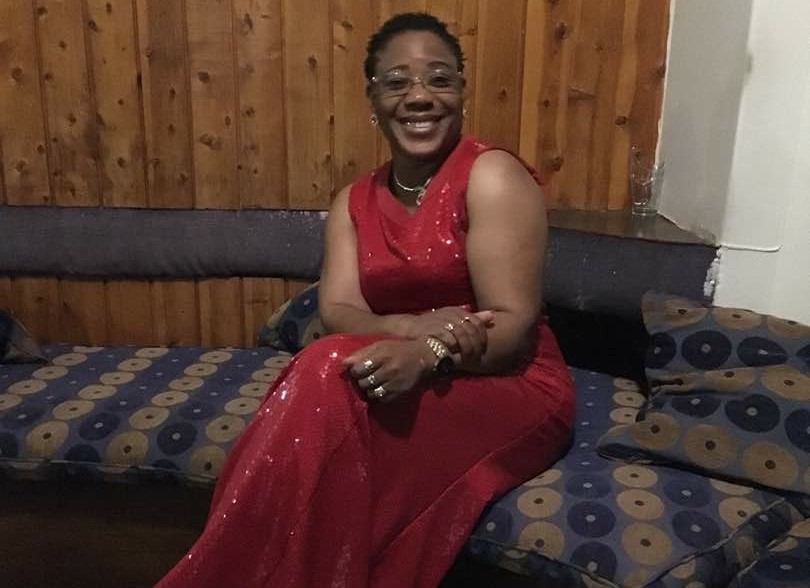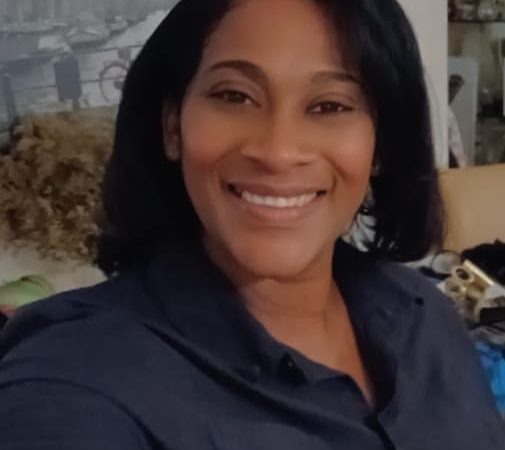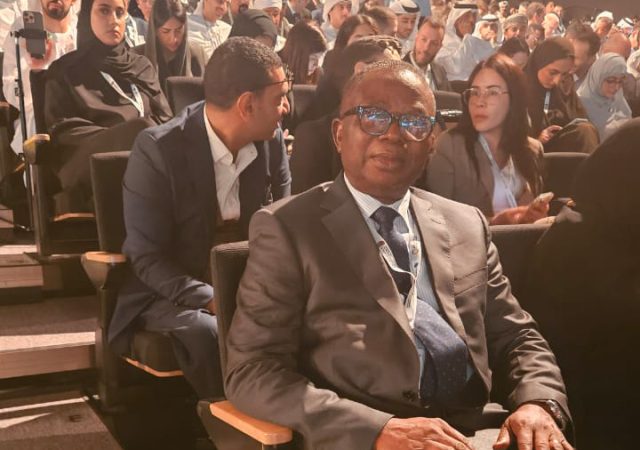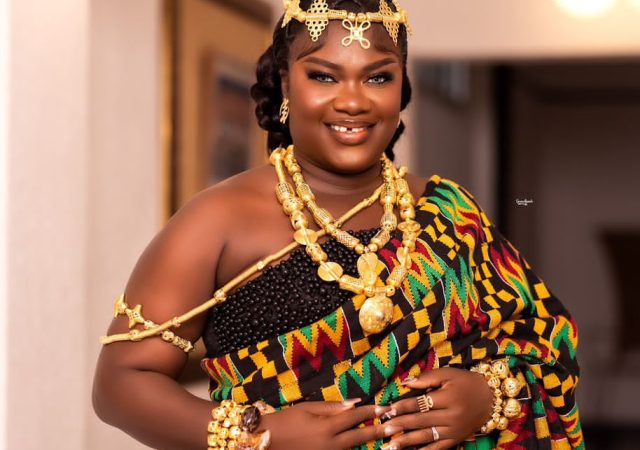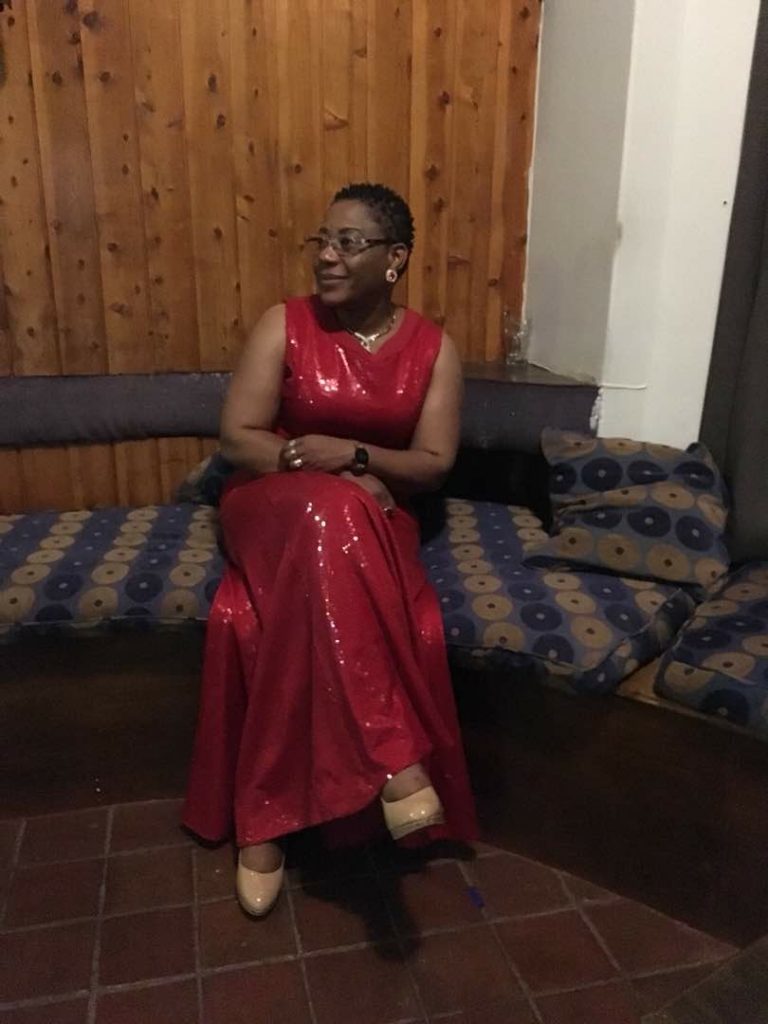
By Getrude Chimange
Childhood experience
I grew up in a family of five (three girls and two boys, being third). My father was a professional teacher and my mother too. Coming from such a background, i recall my parents dancing to the music of Jimy Reeves, Dolly Parton and Don Williams, (I have most of their collections). I learnt how to use a fork and a knife at the age of six.
Tragedy unfolded itself when my father was struck by stroke. He became paralysed and succumbed to it after three years. He was born in a family of three, (one elder brother and one sister). His brother`s life was deep rooted in traditional beliefs and being the elder brother, he made all decisions when my father was physically challenged. I remember vividly how he slapped my mother for refusing to visit a witch doctor and how she was accused of being responsible for my father`s sickness. She had to inform my father`s brother about financial transactions as well as surrendering to him the vehicle registration book, as tradition demanded.
When my father passed on, his elder brother, (as custom demanded) pronounced his decision to take care of his brother`s family on the condition that my mother agreed to marry him. She refused and from my father`s side, the family decision was that my mother will be disowned. She lost everything, movable and immovable properties to her husband`s brother. She was thrown out of the farm, including the five children. And so we grew up at my mother`s home, with uncles who were so supportive and saw us through our education.
The story of my mother demonstrates how widows in particular are often confronted with a denial of inheritance and property rights, degrading and life-threatening mourning and burial rites and other forms of widow abuse. She was evicted from her home and physically abused.
This happened because a woman’s social status is inextricably linked to her husband’s, so that when her husband dies, a woman no longer has a place in society. To regain social status, widows are expected to marry one of their husband’s male relatives, sometimes unwillingly. That is why the death of my father, the loss of a husband is only the first trauma in a long-term ordeal.
Worse still, widowhood is stigmatized and seen as a source of shame. Widows are thought to be cursed and are even associated with witchcraft. Such misconceptions led to my mother being ostracized.
Experiences of my generation.
Generally, many Catholic women, therein lies the problem with male Catholic clergy: the emphasis on the “differences” between men and women ends up placing a woman’s role as “mother” above all else. This line of thinking has influenced the hierarchy’s position to reproductive rights, which are barred by the Catholic Church.
I am a human rights defender (i have the privilege of equal opportunity) so i work at par with my male colleagues in terms of achieving the set goals and achieving the objectives. So these objectives and goals are not at all gender specific and so there is no demarcation in the degree and magnitude of achievement. The nature and depth of the human rights violation or abuse to be defended or investigated pose the same challenge to both my male counterpart and to me.
Being a female human rights defender, I find myself arousing more hostility than my male colleagues because the citizenry in particular and the church perceives my responsibility as defying cultural, religious or social norms about femininity and the role of women in the communities. Working with male dominated Church leadership has seen my portfolio as a woman human rights defender under scrutiny, as well as threatening male ego.
The clergy view my being a woman defender as a threat to patriarchy and as disruptive of cultural, religious and societal morals. I have often faced ostracism from the clergy and the religious, stigmatization and slander from local authorities, and the active hostility of the authority (government and the Church, traditional leadership). So often I have suffered resentment, psychological harassment through verbal abuse, hostility and repression from the communities where cases of abuse need my attention.
Apart from this array of hiccups, my being a woman human rights defender has been full of success stories sustained by this gender aspect. Victims have often been very open and ready to narrate their stories without fear or reservations because of the trust conferred in me as a woman and mother. I have become a source of hope for many by virtually being able to listen holistically, a virtue many women, mothers and wives possess.
The poverty issue
Women are at the lower end of the economic spectrum/ladder, are economically dependent and therefore more vulnerable to all sorts of violence.
Socialisation
This process and cultural norms encourage abuse of women by men as acceptable behavior. Many cultures maintain a traditional patriarchal system in which men are primary decision makers in family and social relationships.
What has changed.
Laws are not enough to change these conditions. India, for example, has a law dating back to 1956 that allows some women to inherit property from their fathers. Despite the law, women rarely inherit and are often unaware of their rights.
A number of International,Continental and Regional instruments have been devised to protect the rights of women and also to raise their meaningful participation in economic, political and social development, as well as in decision-making processes.Examples: The UN Conventions in the Elimination of All forms Of Discrimination against women, The protocol of the Rights of Women Across Africa, The UN security council Resolution 1325 on Women’s Inclusion in peace Process.
According to 1979 Convention on the Elimination of All Forms of Discrimination against Women (CEDAW), Article 10 provides that States must take measures to ensure women’s equal rights with men to education. Among the provisions of Article 12 is the requirement to take allappropriate measures to eliminate discrimination against women in the field of health care in order to ensure, on a basis of equality of men and women, access to health-care services, including those related to family planning. Article 16 requires States Parties to eliminate discrimination against women in the context of marriage and family relations.
The 1993 World Conference on Human Rights, Declaration and Programme of Action (‘Vienna Declaration’), Article 41 recognizes the importance of women’s right to enjoy the highest standard of physical and mental health throughout their life span. Throughout the document there are significant statements relating to women’s human rights and violence
against women.
1995 Fourth World Conference on Women (‘Beijing’), Declaration and Platform for Action, Strategic Objective C.3 is to “Undertake gender-sensitive initiatives that address sexually transmitted diseases, HIV/AIDS and sexual and reproductive health issues”. 2000 Millennium Declaration and Development Goals-Goal 3 calls on nations to “Promote gender equality and empower women” and Goal 6 is to “Combat HIV/AIDS, malaria and other diseases”.
My childhood story made me the person I am today, and I share my thoughts from experience. I have vowed that I will fight for the rights of other women whose voices are always unheard unless someone with a louder voice stands in solidarity with them. Zimbabwe`s patriarchal system continues to hold sway in the nation`s political, social and economic sectors. It is only changing slowly despite advances in education and increased emphasis on the value of gender equality, which demonstrates how deep-rooted this cultural orientation is.
Getrude Chimange is the Diocesan Coordinator, Catholic Commission for Justice and Peace, Mutare, Zimbabwe.




